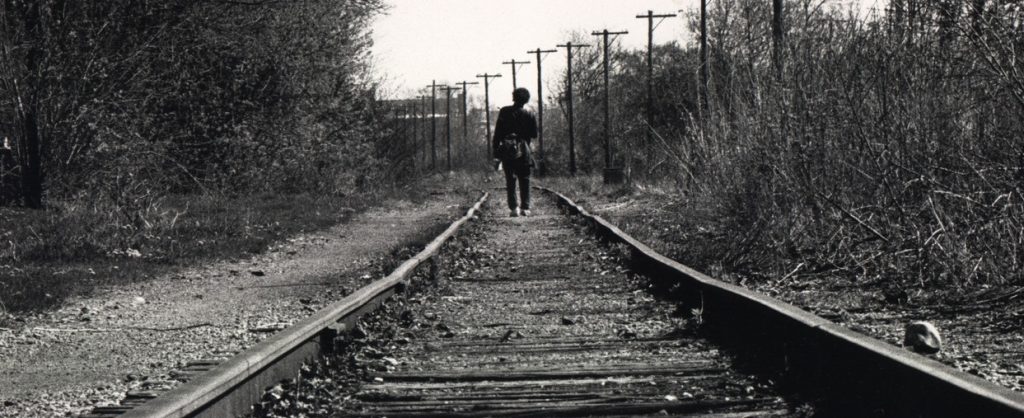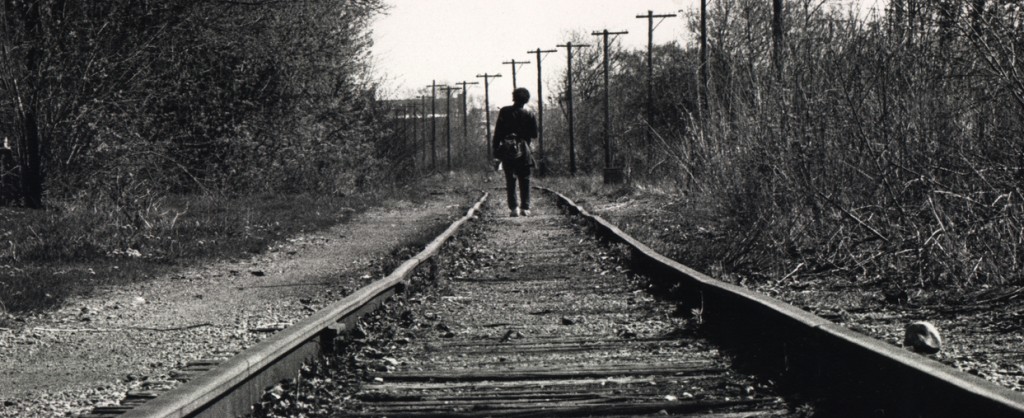Hobos were American migratory workers from a century ago. Some experts think the word hobo comes from “hoe boys,” what farmers in the 1880s called their seasonal migrant workers. It may also be shorthand for the phrase “homeward bound,” used to describe destitute Civil War veterans who took years to work their way home. If you ever hop on a rail car and find a hobo to converse with, here’s a quick primer (so you don’t sound like a yegg).
Accommodation car: The caboose of a train
Banjo: A portable frying pan
Big house: Prison
Bindle stick: A small bundle of belongings tied up in a scarf, handkerchief, or blanket hanging from a walking stick
Bull: A railroad cop
Cannonball: A fast train
Chuck a dummy: Pretend to faint
Cover with the moon: Sleep out in the open
Cow crate: A railroad stock car
Crums: Lice (also called “gray backs” and “seam squirrels”)
Doggin’ it: Traveling by bus
Easy mark: A hobo sign, or “mark,” that identifies a person or place where one can get food and a place to stay overnight
Honey dipping: Working with a shovel in a sewer
Hot: A hobo wanted by the law
Knowledge box: A schoolhouse, where hobos sometimes sleep
Moniker: Nickname
Road kid: A young hobo who apprentices himself to an older hobo in order to learn the ways of the road
Rum dum: A drunkard
Snipes: Other people’s cigarette butts (O.P.C.B.); “snipe hunting” is to go looking for butts
Spear biscuits: To look for food in garbage cans
Yegg: The lowest form of hobo—he steals from other hobos

How to Speak Hobo









